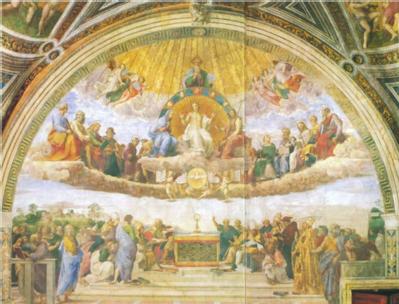Religion and Religious Change in England (HI255)
 Tutor: Professor Peter Marshall
Tutor: Professor Peter Marshall
Email: P.Marshall@warwick.ac.uk
Office: H317, third floor of the Humanities Building
Office Hours: Wednesdays 9.00-10.00; Thursdays 3.00-4.00.
Lecture Times: Wednesdays 10.00-11.00, room tbc
Seminar Times: Groups 1: Wednesdays 11.00-12.00, tbc; Group 2: Wednesdays 12.00-1.00, tbc
|
This 30 CATS undergraduate second-year option module explores the social, cultural and political context of religion in England between the late-fifteenth and mid-sixteenth centuries. It builds on the knowledge of early modern Europe acquired through the second-year core module, and complements other departmental options on early modern Germany, society and culture in France, and the social history of early modern England. It provides a sound foundation for students going on to take final-year Special Subjects and Advanced Options in early modern English social or cultural history, as well as for the MA in Early Modern History.
This option introduces students to a range of important themes in the field of late medieval and early modern English religion, not so much from a theological, as from a social and cultural perspective. Its main focus is the impact of the early Reformation (under Henry VIII, Edward VI and Mary I) on religious belief and practice in England, though it approaches this from the long view of the later fifteenth century. The module commences with a detailed examination of strengths and weaknesses in late medieval Catholicism, focusing both on institutions (clergy, monasteries) and on structures of belief (saints, sacraments, purgatory). The significance of unorthodox religion, Lollardy and early Protestantism, is explored and related to the reform policies of the Tudor monarchy. Equal attention is devoted to those who opposed and to those supported the religious changes of the sixteenth century, and throughout there is a particular focus on parishes, and parish churches, as centres of religious culture and social organisation.
